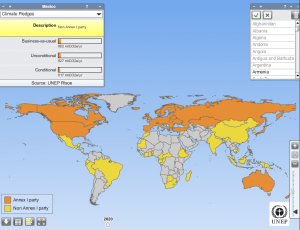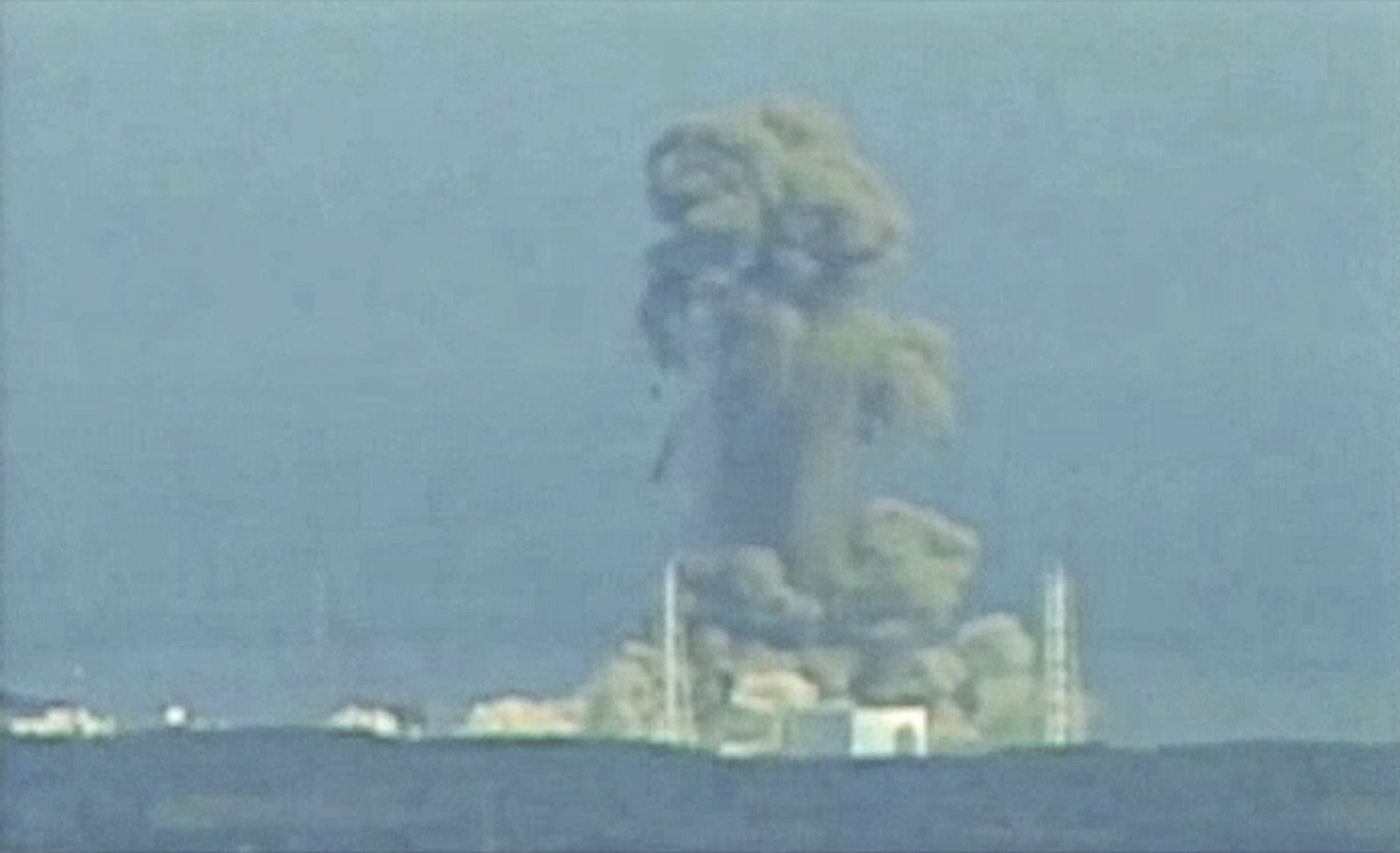
Warsaw COP-19
Energy Industry and Climate Change
World Energy Council Prof. Karl Rose spoke about the recent report from the WEC on Global Scenarios 2050. Like the recent Emissions Gap report from UNEP (under Executive Director Achim Steiner), the report shows that, due to rising energy demand (likely to double by 2050), our current model is still likely to take us well above the increase in global temperatures by 2 degrees Celsius. As Rose says, “We see what we would call a very inconvenient truth, to paraphrase somebody else. We are not getting there.” (For some reason, the WEC has described its projected scenarios of GHG emissions as either Jazz or Symphony, which is horribly twee. I mean, come on).
Anyway, Rose is skeptical about a neoliberal approach to addressing carbon production in the fossil fuel industry. “The market has no incentive to actually optimize on anything other than an optimum cost picture.” In other words, market driven actors are all about the cash, yo. Don’t even act like corporate actors care about anything but that dolla.
The EU: The Environmental Conscience of the North?
Valentinas Mauronis of the EU reiterated that the EU is completely committed to creating a binding agreement by 2015. Moreover, the EU is trying to get something underway now, by creating the framework to come up with a globally binding treaty in the next two years: “We need to leave Warsaw with new decisions in relation to mobilizing long-term climate finance and addressing adaptation, and loss, and damage.” In discussing the so far hypothetical (because it hasn’t yet come into force) post-2012 era, Mauronis said: “Let me make clear that the EU is working hard to prepare our ratification of the second commitment of the Kyoto Protocol.”
Connie Hedegaard of the European Commission went on, clarifying the EU’s determination to address the issue of climate change head on, even re-thinking the role of development and environmental problems: Noting that the traditional way of separating environmental costs from economic ones, she pointed out that “one of the things we need is to change our whole economic paradigm. The way we structure our budget, the way we think about economic growth, and progress.” To this end, Hedegaard spoke about unilateral EU commitment to reducing GHG emissions:
“20% of the whole EU-level budget for the next 7 years will go to support our climate change policies. It is 3 times what you have in the present budget.”
Moreover, Hedegaard is concerned that the commitment of US and China to think about phasing out one category of major GHGs, namely HFCs, is insufficient. She pointed out that at recent discussions at the Montreal Protocol, those same states were interested only in minor reductions of their production and consumption.
Finally, Hedegaard called for immediate action to meaningfully reach the 2015 deadline for creating a globally binding agreement:
“2015 is not a tentative deadline. It is a deadline that the whole world must take very seriously… Some will say, ‘Yes, maybe we are not ready, with the work we have to do.’ Let me make clear: Paris 2015 is six years after Copenhagen… There is no excuse.”






